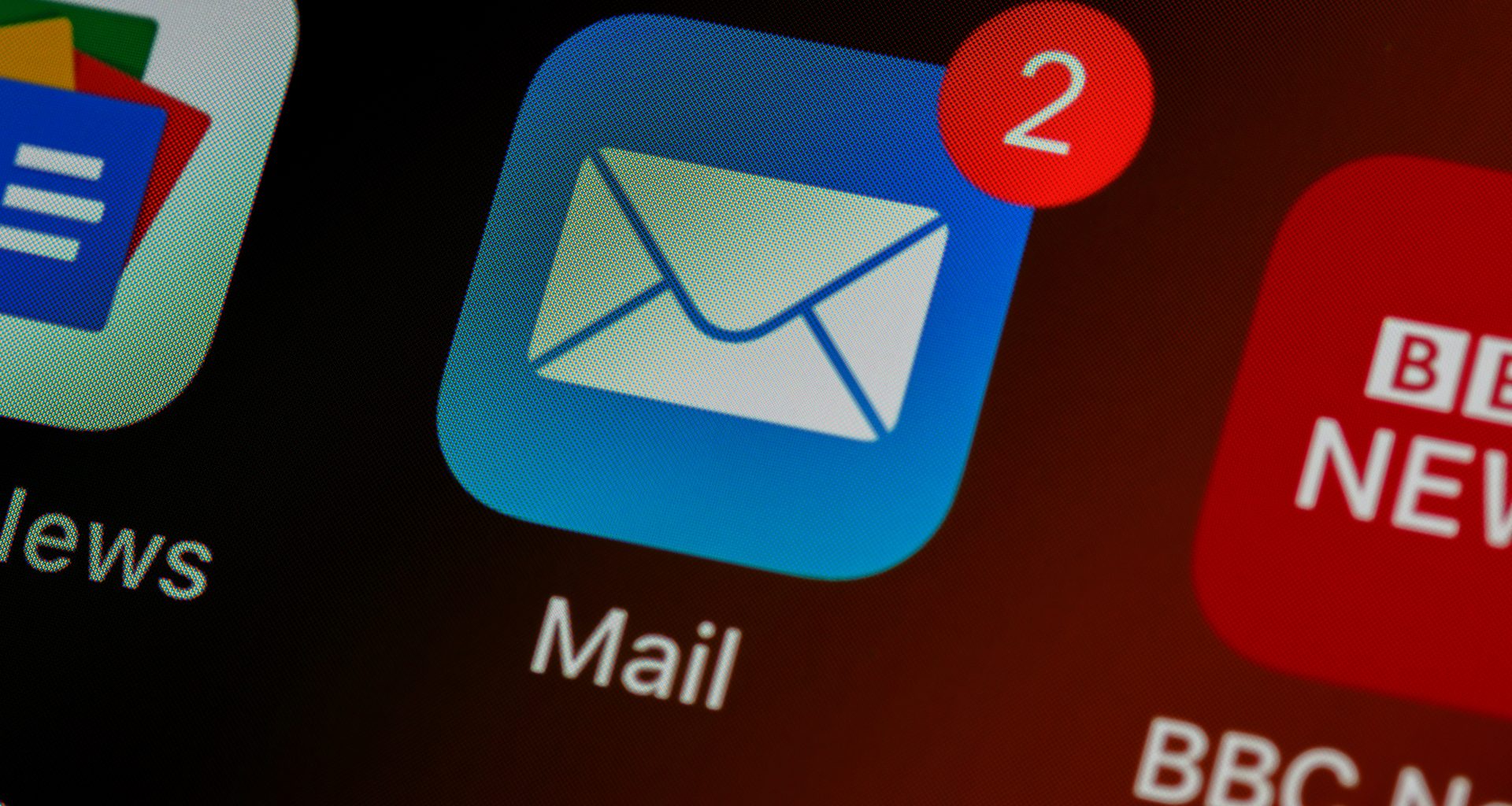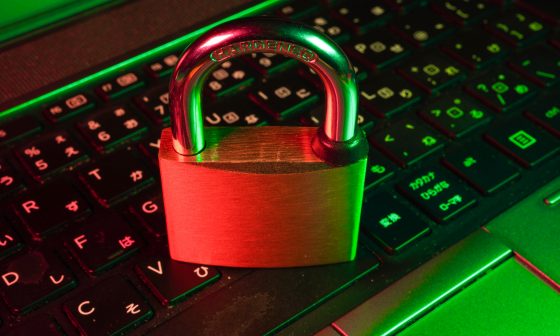An SSL certificate (Secure Sockets Layer) is kind of like your website’s ID card. The SSL certificate proves that your website is authentic and thus allows it to create encrypted connections. The SSL, therefore, creates encrypted links between web servers and web browsers.
The encryption provided by SSL/TLS certificates ensures the security of the information passed between different systems. This ability is crucial for businesses as it protects the privacy of company and customer information alike. For emails, this encryption is important especially if you’re planning to send or receive sensitive information.
However, SSL certificates need to be added and renewed at least twice a year. Let us see how SSL certificates work to understand what exactly happens.
How Do SSL Certificates Work?
SSL certificates work by scrambling the data shared between users and websites to make it unreadable. It does this by using complex encryption algorithms that are impossible for hackers to decode. Here is a breakdown of the TLS handshake process that ensures the data is encrypted and safe from attackers.
- First, the TLS client sends a hello message to the server, which includes the cipher suites and TLS version support, and other client random values.
- The server replies to the hello by sending a message containing the SSL certificate of the server, the supported cipher suites, and server random values
- Next, the client verifies the authenticity of the server’s SSL certificate
- After proving that the response is from the actual domain owner, the client sends the “premaster secret” that can only be decrypted by the server’s private key.
- Next, the server decrypts the premaster secret and secure sessions are created.
After the handshake, the client and the server continue to communicate using the session keys that only they know about. This way, the information passed between them is safe from interceptions from unauthorized parties.
How to Tell If a Website Is SSL Secured
There are some ways we can physically see if a website is SSL secured. The first may be the best known: the ‘https’ in the URL. HTTPS stands for HyperText Transfer Protocol Secure, and when it does not have the ‘S’ (secure), it means that the site does not have an SSL certificate. Examples of suspicious sites that often have a missing ‘S’ are phishing sites.
Why Do You Need an SSL Certificate for Email?
An SSL certificate that is specifically for your email is unique from the website SSL in that it secures email logins and email deliveries. SSL certificates for servers are user-based. So, to make sure that everyone on your mailing list is covered you will need to update your recipients to the appropriate email server.
An SSL For Email Offers Email Security
With an SSL certificate for your email, you will secure your email as well as you would be able to secure your website. This means that you will avoid any of your clients’ information from being stolen. You will also protect your account from false logins.
Protecting your email would also protect your entire company from other cyber attacks. 74% of companies have debilitating cyber-attacks that affect their whole company. Email breaches have also been identified by cybercriminals as a new area of vulnerability, compelling companies to take extra precautions.
SSL for Email Also Protects the Main Mail Server
SSL for email also protects the server. Protecting the server will stop cybercriminals from spying on your data or even entirely disabling it. With SSL, you will avoid connecting your email server with unintended servers operated by malicious actors.
Already Have S/MIME? That May Not Be Enough
Do you already have S/MIME (or email signing certificates)? Well, you will still need SSL certificates. The reason is that while S/MIME is great at protecting individual accounts, SSL will encrypt all the data handled on the email server. In simple terms, the S/MIME will make sure information reaches the recipient, while SSL will protect every account and activity happening on the server.
Where to Get an SSL Certificate
You can get an SSL certificate for your email from a certified authority or through a company that specializes in SSL certification. Some certificate authorities you can use include Comodo SSL (now known as Sectigo), DigiCert SSL, RapidSSl, and Thawte SSL.
Some companies that specialize in SSL certification to make the process easy for you include Certbot, Symantec, DigiCert, GoDaddy, and Comodo, among many others.
To ensure your SSL certificate is always up to date to prevent interruptions, you can sign set up an SSL checker to keep you updated on the status of your certificate, and remind you whenever it is time to make a renewal.
SSL Certificates-Certification Costs
The average cost of an SSL certificate is about $60 per year, but this can vary widely depending on a number of factors. For instance, you could find yourself paying as low as $5 per year, or as high as $1000. This depends on the security needs of your site, the number of domains you wish to secure, and your chosen CA, among numerous other factors.
Avoid Red Lights with SSL Certificate for Email
Get ready to avoid red lights in production and be updated on SSL certs expiration before errors start happening. Protecting your websites and emails show the commitment to the safety of your clients. Sign up for Eleven Guard for an easy-to-use SSL/TLS certificate management tool.





